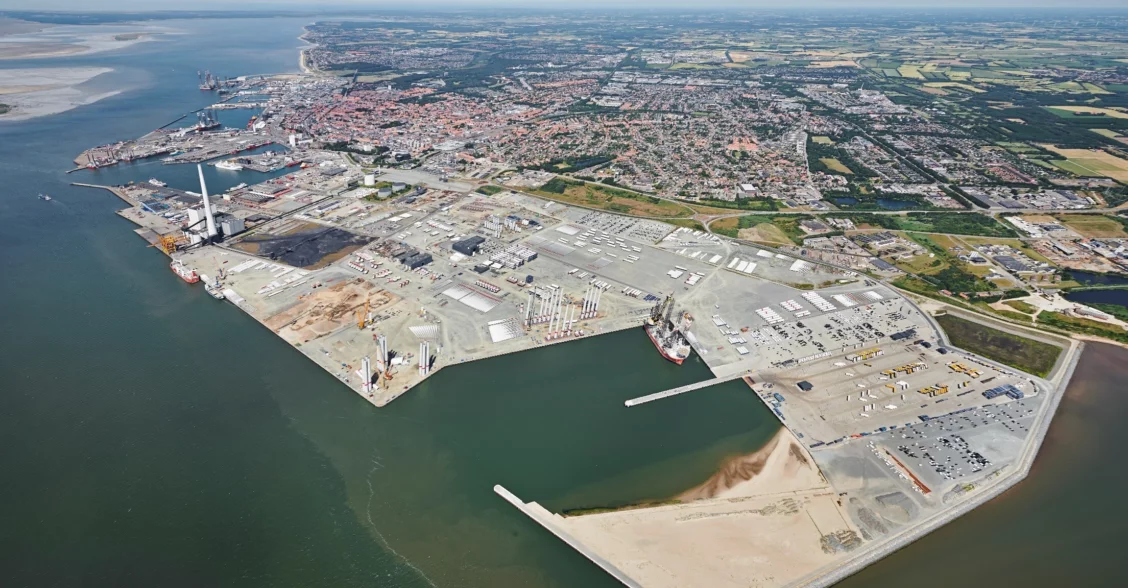After ten years as Danish member of the European Parliament for the Conservative People's Party, Bendt Bendtsen has now passed on the baton to a new MEP but will continue to work with energy policy. He warmly welcomes the fact that energy policy has become a top priority and that Europe is becoming more and more self-sufficient. Not least via sustainable energy.
“Energy policy is incredibly important which Europe is finally realising,” says Bendt Bendtsen in the phone from the southern Italian city of Matera, which is the European Capital of Culture in 2019.
Even though Bendt Bendtsen has retired from politics, he still takes a keen interest in European trends, based on his passion for European energy cooperation. This is because it has the potential to boost the green transformation and to make Europe self-sufficient, which is a win-win situation.
How would you describe the development of the energy agenda during your term in Brussels?
It has gone only one way and that is forward. During the last five years in particular, energy policy has ranked very high on the agenda, among other things because the heads of state have finally joined forces in making energy a top priority.
Why is that?
Several factors are involved, since energy is both a security policy issue and a climate/environmental issue. Looking at security policy, Europe is quite simply too dependent on imported energy such as gas from Russia and oil from the Middle East. This has improved, however, since previously we imported 10 per cent, and now it’s down to around 5 per cent. But we still need to become even more self-sufficient. This is where factor number two comes in because the answer lies in renewable energy sources such as offshore wind.
During your time as MEP, you were very close to the energy cooperation, in view of your membership of the Committee for Industry, Research and Energy. What would you highlight as the biggest milestone in this regard?
There have been many, but in 2017 I was involved in developing the European “Clean Energy Package”, among other things as chief negotiator for one of the directives that concerned energy efficiency in buildings. The package has now been implemented which is strengthening the internal energy market. For example, this concerns allowing energy to flow more freely across national borders. This is important for us in Denmark because it means that we can export wind energy to countries, where they still have insufficient renewable energy and are therefore too dependent on fossil fuels.
What about ports such as Esbjerg – what role do they play in the future transformation?
There is no doubt that Esbjerg has a unique opportunity to get the wheels spinning even faster in the future. But they need to stay competitive, for example in terms of shipping-out offshore wind. It’s obviously a key parameter to keep the operator costs down, and politicians have an important role to play in this respect.
The precondition for an effective green transformation is that the industry is competitive. You can see this as an industrial sector mark 3.0, in which every element must contribute to ensuring that renewable energy is a good business case.
An important prerequisite for success is that we harness even more of the North Sea’s renewable energy potential. What does this require?
I think it’s important that the operators who share the North Sea as a resource are a united force. It’s a matter of running joint development projects, and also teaming up to put proposals to the European Commission. If we do this, I believe, for example, that the idea of actual energy islands in the North Sea can be a realistic proposition.
You have just been appointed chairman of the board of SYNERGI, an interest organisation working for more efficient use of energy, both in industry and in Danish homes. Why is energy efficiency so important?
This is quite simply because we can’t succeed with this transformation without considering energy efficiency. The cheapest kilowatt is the one you don't use. We need to focus more on energy efficiency – also when the large new offshore wind farms are built.
It’s no secret that I believe far too little attention is paid to energy efficiency. Denmark is losing its leading position when it comes to energy efficiency, and this is because the Danish Parliament (Christiansborg) has set the bar far too low. We need to give this higher priority in coming parliamentary agreements on energy policy, not least because a lot of Danish companies have a competitive advantage that we can exploit.
There is also a large energy industry in Denmark. What opportunities do you see for this industry in the transformation that is currently taking place?
There’s no doubt that we have immense potential in relation to the green transformation, in terms of actual production of renewable energy, and also energy efficiency.
We’ve been successful Denmark, because we’ve had the courage to achieve this transformation. A case in point is ESVAGT in Esbjerg, where I have been on the board. They’ve been successful in transforming the business from servicing the oil industry to being a key partner to the wind turbine industry. This is the kind of transformation that the whole of Europe is facing. But I’m full of hope, because we’ve a lot of expertise in Denmark, and in Esbjerg.
Go to overview

